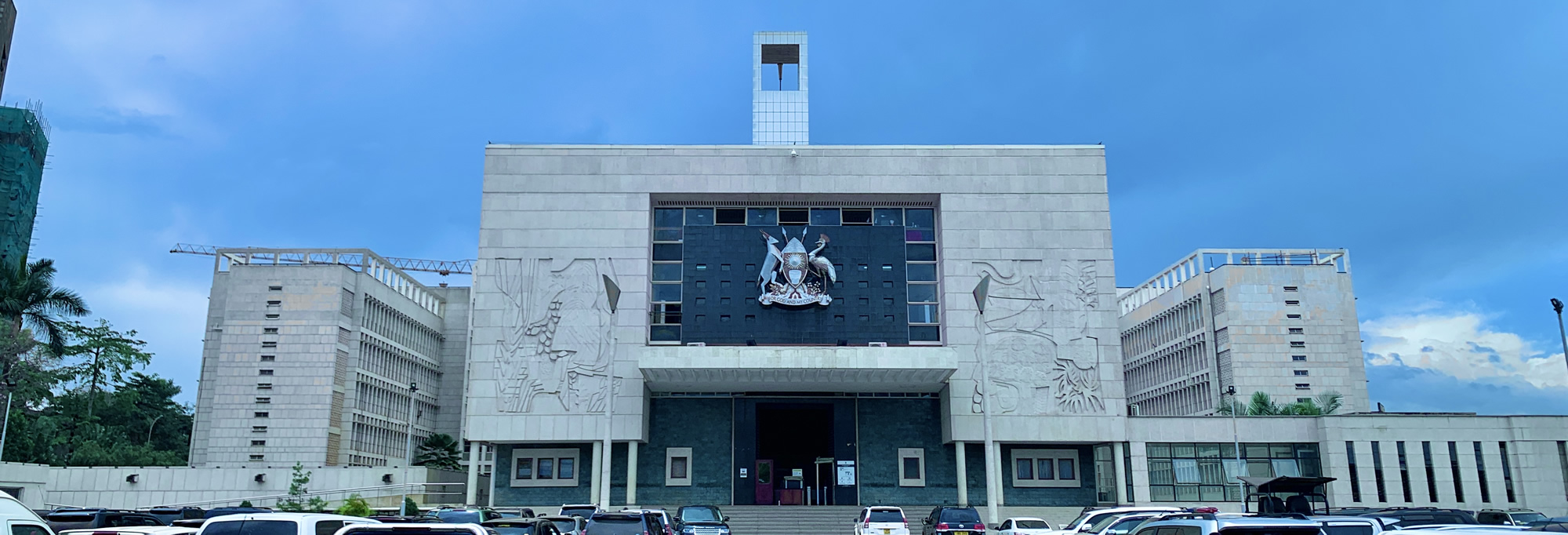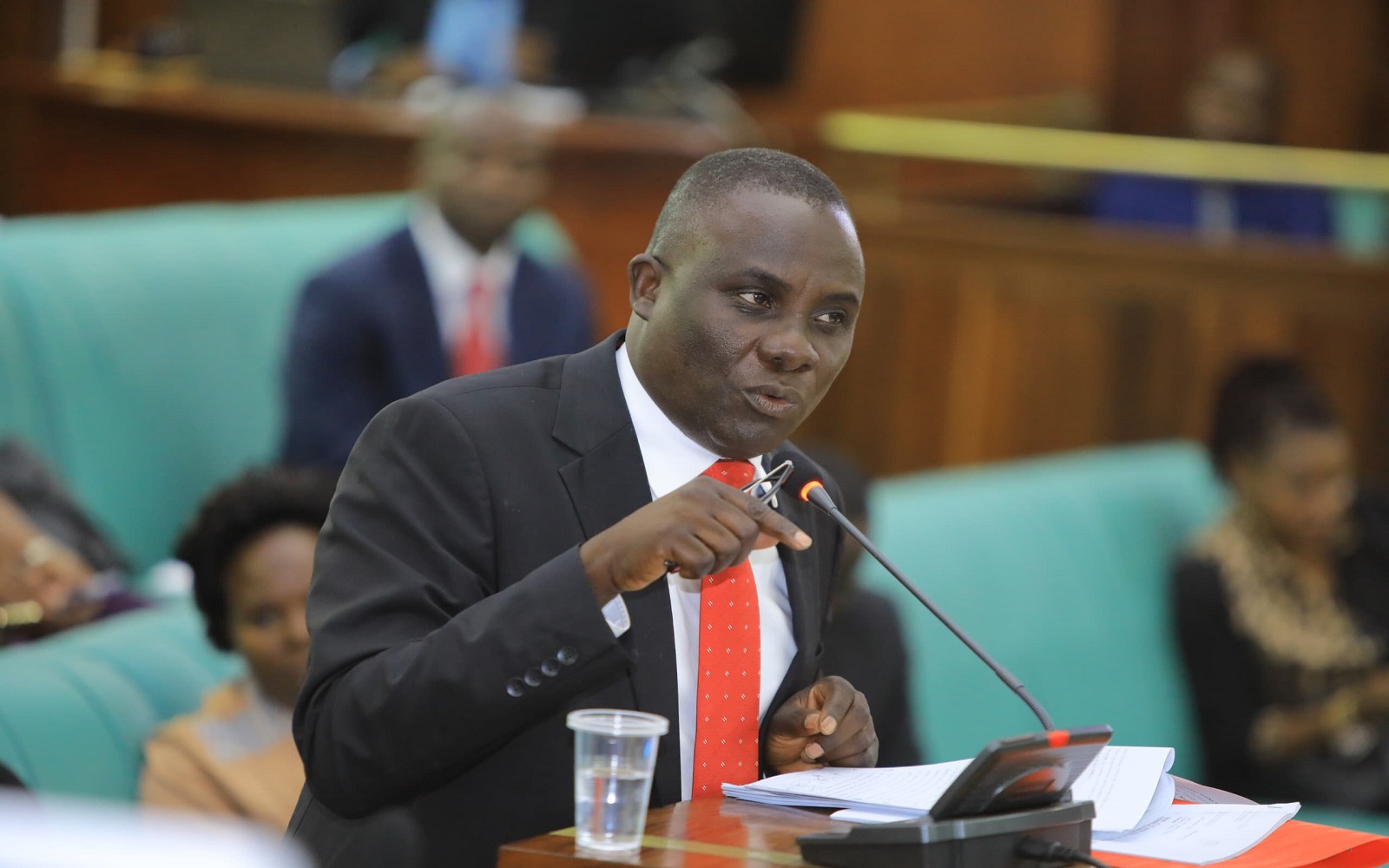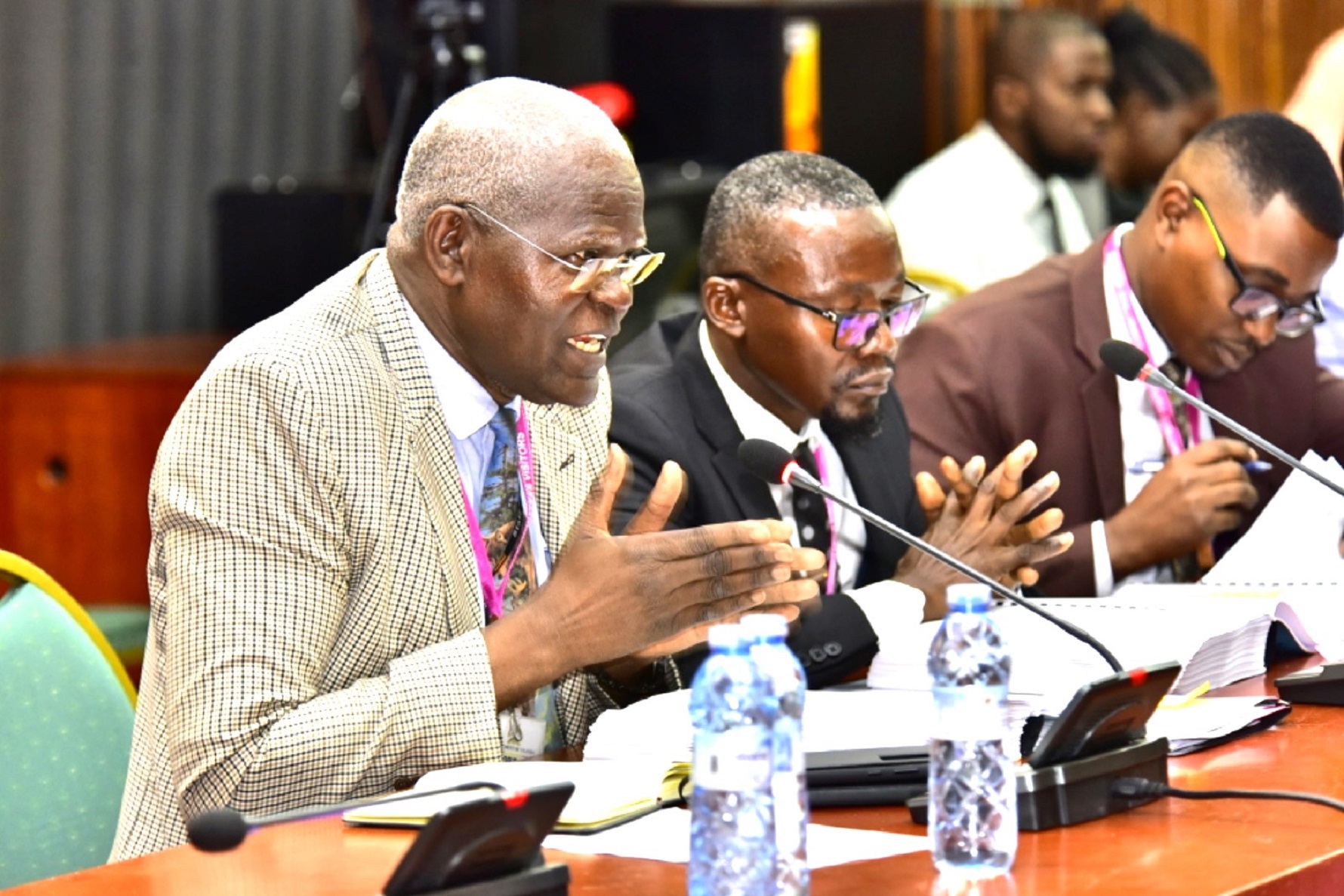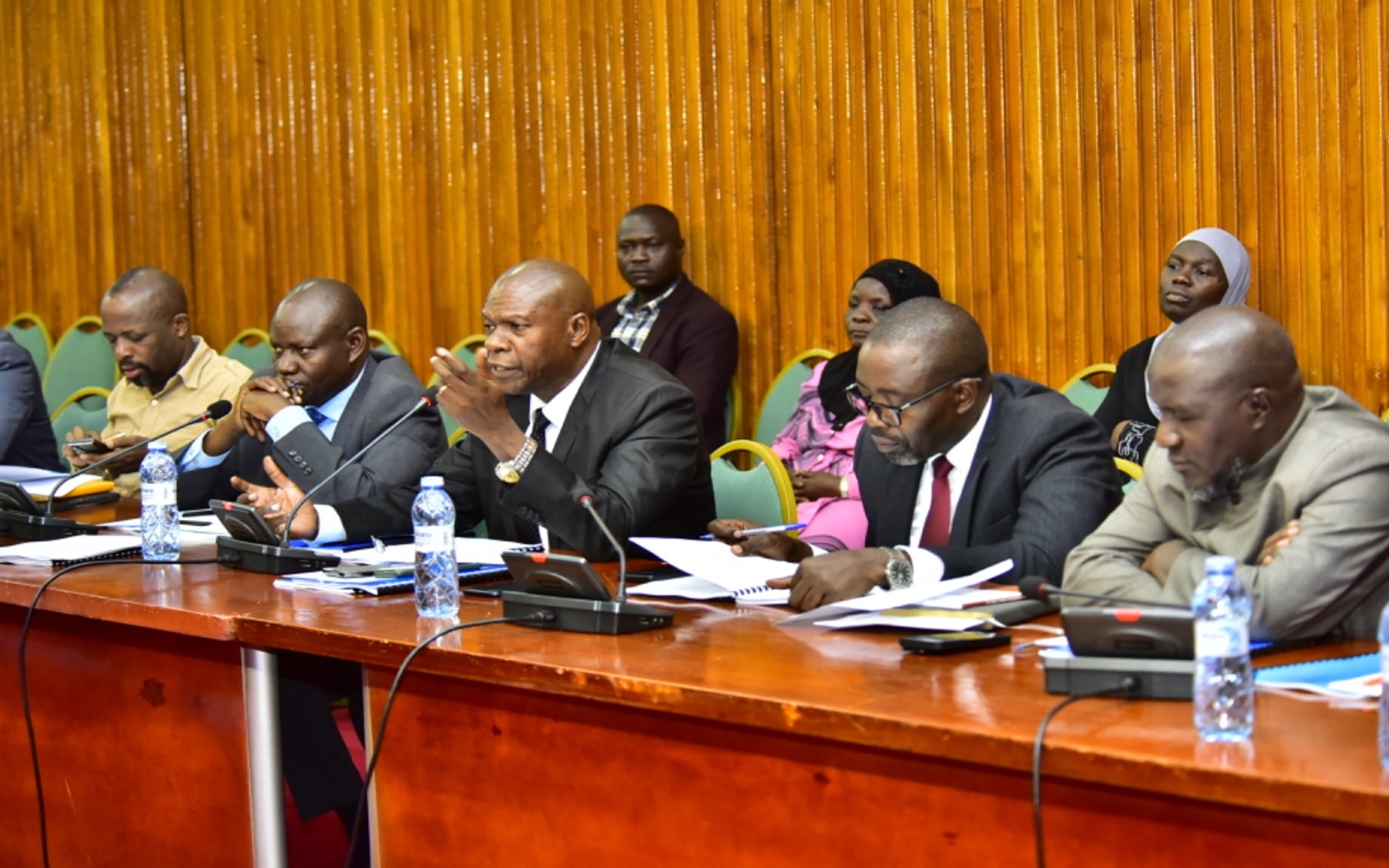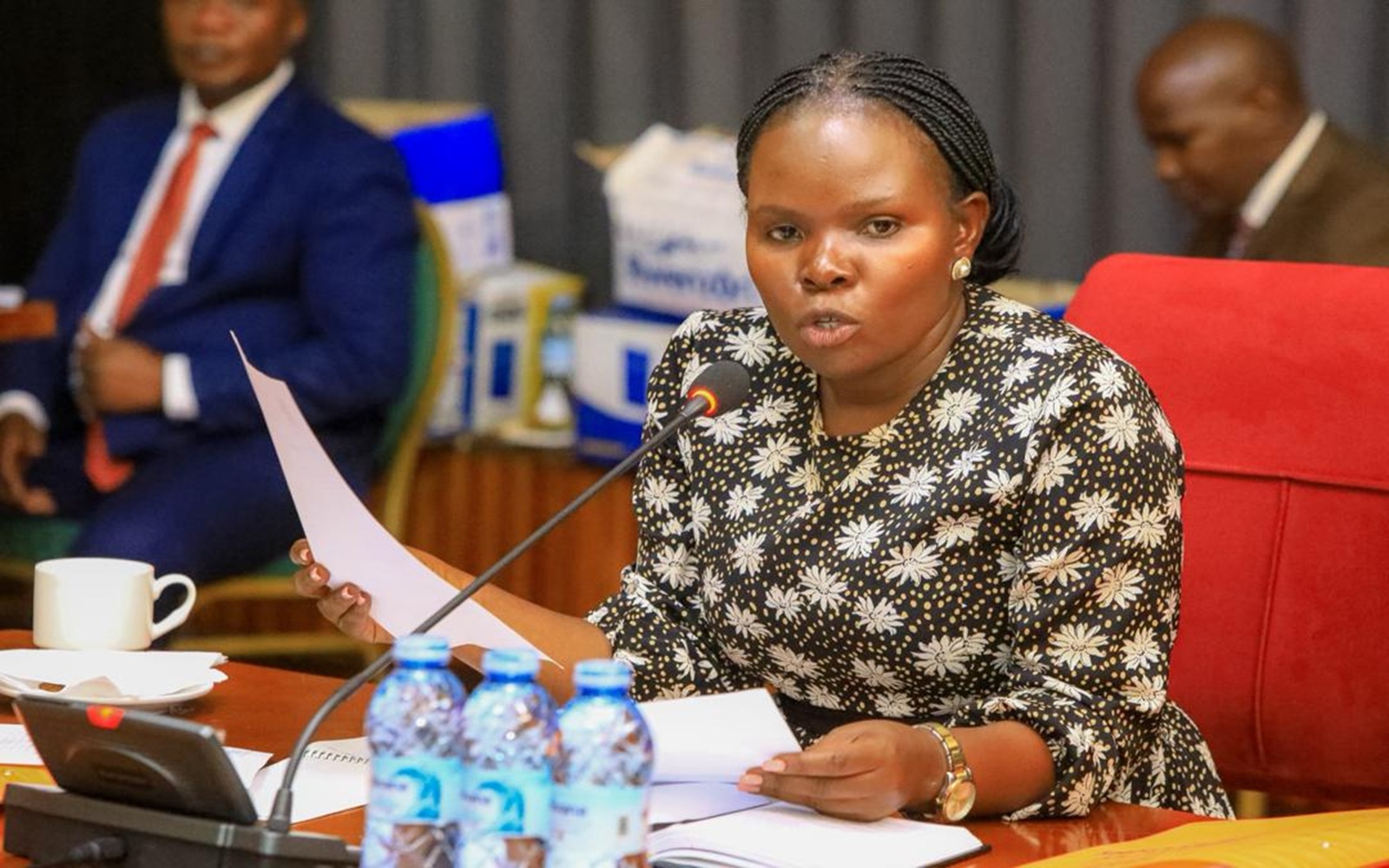The Public Accounts Committee (Central Government) has raised concerns over Uganda’s financial management revealing a Shs4.4 trillion gap between the government’s expenditure and revenue.
In a report delivered to Parliament on Wednesday, 16 October 2024, the chairperson of the committee, Hon. Muhammad Muwanga Kivumbi highlighted that the alarming shortfall compounded by rising domestic arrears, threatens to destabilise Uganda’s economic future.
According to the report, for the financial year ending 30 June 2023, the government’s revenue budget was initially set at Shs48 trillion. However, actual expenditure ballooned to Shs52.5 trillion leaving a deficit of Shs4.4 trillion.
“This persistent failure to balance revenue with expenditure year after year is unsustainable and undermines Uganda’s financial credibility,” Muwanga Kivumbi, also the Butambala County MP, told Parliament.
Muwanga Kivumbi expressed frustration at the lack of fiscal discipline saying, ’we cannot continue approving budgets that paint a rosy picture when the reality is far different. This deceptive budgeting is damaging our country's ability to finance critical services’.
The accumulation of domestic arrears is another major concern. According to the report, domestic arrears increased from Shs8 trillion in 2022 to over Shs10 trillion in 2023.
Muwanga Kivumbi warned that the growing debt could lead to litigation risks and strain Uganda's ability to meet its financial obligations.
“Government arrears are piling up at an alarming rate. We cannot allow this unchecked accumulation of debt to continue,” he urged calling for accountability from accounting officers who commit beyond the approved budgets.
Muwanga Kivumbi noted that issuing warrants without ensuring cash availability misleads accounting officers into committing to payment schedules the government cannot honour resulting in accumulated arrears and further financial mismanagement.
The report also touched on broader issues of debt management revealing that Uganda’s public debt as of June 2023 surged to over Shs97 trillion up from Shs86 trillion in 2022.
Domestic debt accounted for Shs44 trillion while external debt stood at Shs52 trillion, according to the report.
“The committee observed that the major driver of the debt increase is the acquisition of new debt primarily for budget support. This has put pressure on the economy and led to further borrowing from the domestic market. There is a risk that this may not be sustainable in the short term,” Muwanga Kivumbi said.
The report also raised concerns over the government's reliance on bond switches warning that while they may offer short-term relief, they increase long-term risks.
“The government is extending bonds instead of paying them and this is costing Ugandans. Had we cashed in, the country could have saved Shs180 billion,” Muwanga Kivumbi noted.
Muwanga Kivumbi pointed to the troubled International Specialised Hospital of Uganda (ISHU) project at Lubowa where US$133.5 million in promissory notes was paid out despite only 23 per cent of the project being completed. Kivumbi condemned this as a “ghost enterprise” and a misuse of taxpayers’ money.
“The committee recommends that Lubowa project works be halted until Parliament pronounces itself on the special audit report by the Auditor General, which is yet to be presented,” he said.
Speaker Anita Among deferred the debate on the report calling for a response from the Executive.
“Since it is a technical report, we want figures. When you talk about figures, you must have a response with figures. My suggestion is that we ask government for a response,” she said.
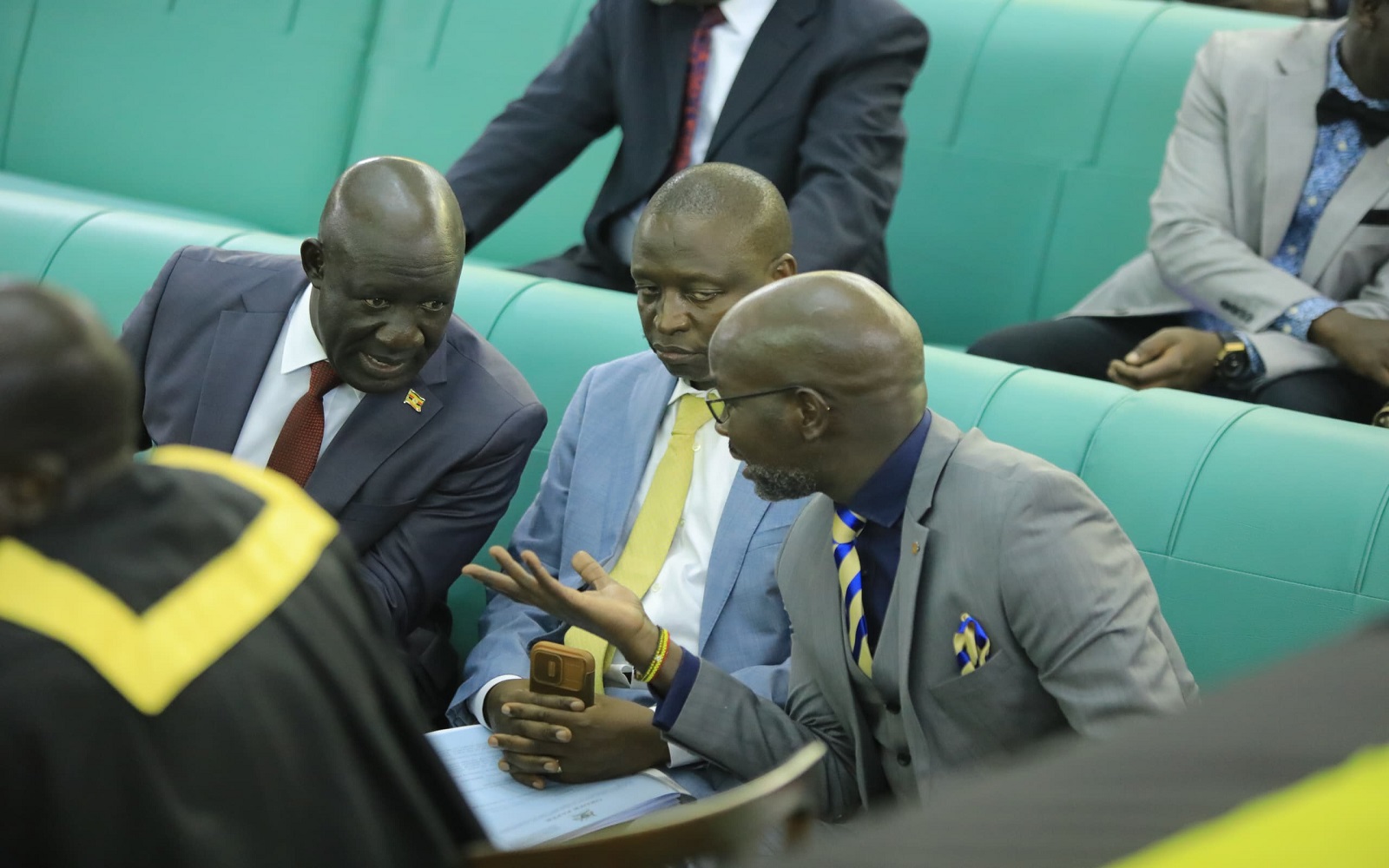
The Government Chief Whip, Hon. Denis Hamson Obua requested for 21 working days for the finance ministry to compile a comprehensive response to the issues raised.
The Speaker however, directed that government presents the response before the House goes into consideration of the budget framework paper.
“I expect the Ministry of Finance to bring a response to this House on 24 October 2024,” Among said.
